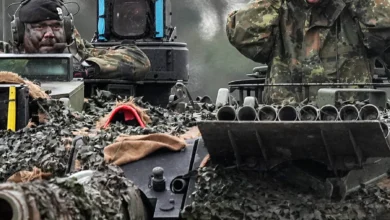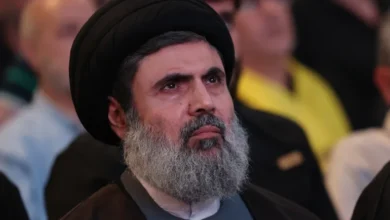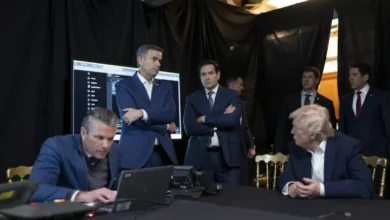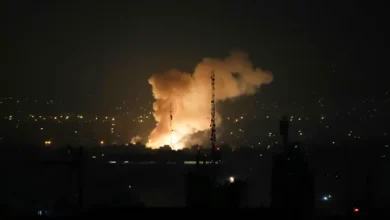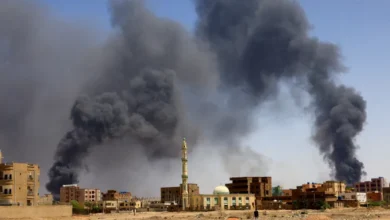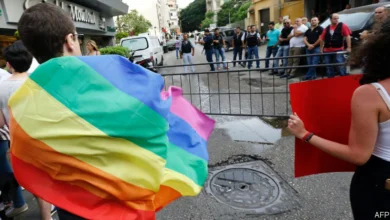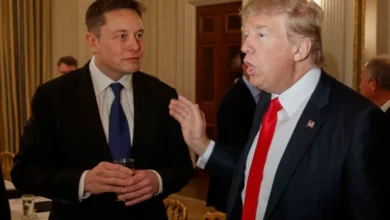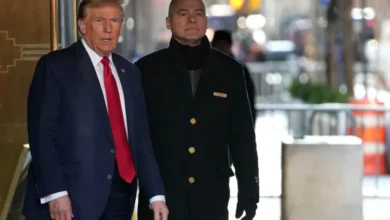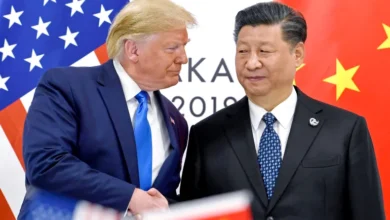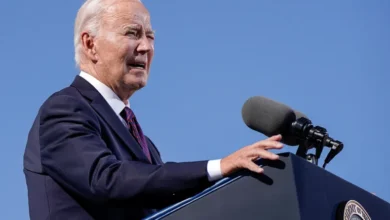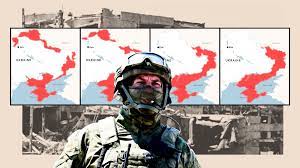The Attempted Assassination of Putin: The West’s Last Hope for Continuing the War in Ukraine
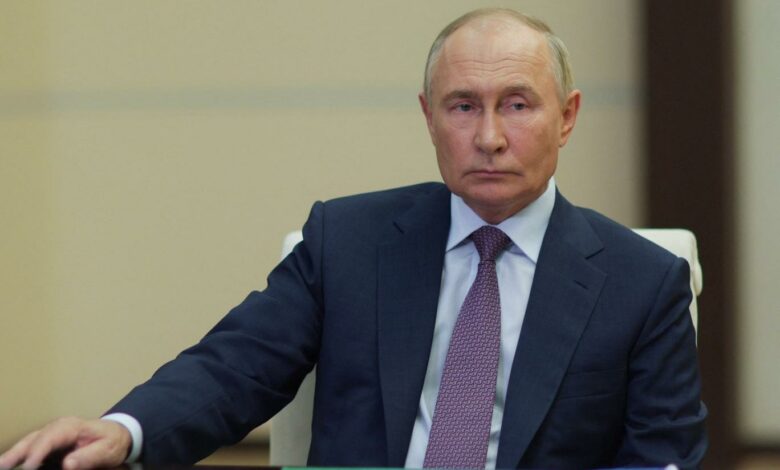
Information indicates that the attempted assassination of Russian President Vladimir Putin using Ukrainian drones represents the Western countries’ last hope to derail the Russian-Ukrainian peace negotiations and to prolong the ongoing war in a way that serves Western interests—at the expense of the Ukrainian people and under the obedience of their outgoing leader.
The beginning of the Russian-Ukrainian negotiations marked a fragile thread that could have led to a large snowball effect, ultimately stopping the war that has been ongoing for three years. Moscow’s display of seriousness in seeking logical solutions shocked the West, which fueled the flames of war and provided it with fuel to prolong it as much as possible.
It was American pressure that dragged Ukrainian President Volodymyr Zelensky to Istanbul for peace talks, after London, Paris, and Berlin also gave their approval. This was done to avoid a confrontation with President Donald Trump and out of fear of being accused of obstructing the peace process. However, it later became clear that those capitals were hiding other intentions.
It turned out that the Ukrainian delegation’s mission was to obstruct and then sabotage the talks, and to enter into logistical preparations for other rounds of negotiations that would take additional time—all while the battle continued, running counter to the interests of the Ukrainian people above all.
As those mentioned capitals were preparing a media campaign to blame Moscow for the failure of the talks, the attempted assassination of Putin served that purpose. In response, Putin launched strong strikes at the heart of Kyiv, which provoked President Trump—who had previously affirmed Russia’s desire for peace—into leaning toward condemning Moscow.
European countries quickly provided the Ukrainian army with more weapons. NATO offered additional expertise and ammunition, reopening its stockpiles in service of Kyiv. They all called for holding Russia responsible for obstructing the negotiations and accused Trump of leniency, urging him to impose new sanctions on Russia.
Currently, Ukrainian President Volodymyr Zelensky—who was humiliated at the White House and dictated to during the funeral of the late Pope Francis—is seizing the opportunity to demand more weapons and Western support. He is entirely unable to specify the needs of his forces in the battle; all he cares about is receiving more aid and donations, presenting himself as the defender of Europe and expecting them to provide whatever is necessary for his resilience.
After the well-known wave of tension in the White House between Trump and Zelensky, the leaders of Britain, Poland, France, and Germany rushed to Kyiv on May 6. They conducted a training session for the Ukrainian president on how to deal with Trump to avoid future clashes that could ruin the Western alliance against Russia. Meanwhile, Russia remained committed to the peace process, aiming to end the war based on the realities on the ground—an approach also supported by the American president, who affirmed to his Ukrainian counterpart that regaining the lost territories was impossible.
Europe continues to support the Ukrainian army and does not seem to be heading toward peace or interested in it. Beyond its desire to keep the conflict open in hopes of defeating Russia, Europe also needs to finance its own military programs. It uses the pretext of supporting Ukraine while aiming to increase its own war reserves indirectly, and to divert European citizens’ attention from the political and economic problems that have plagued them for years.
